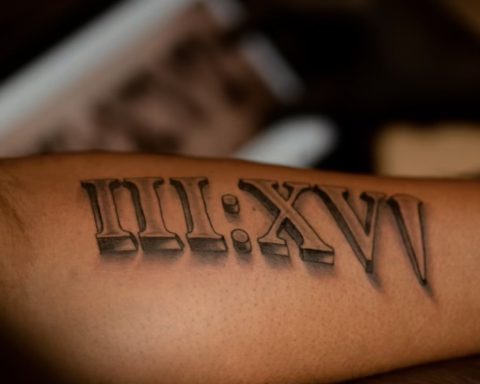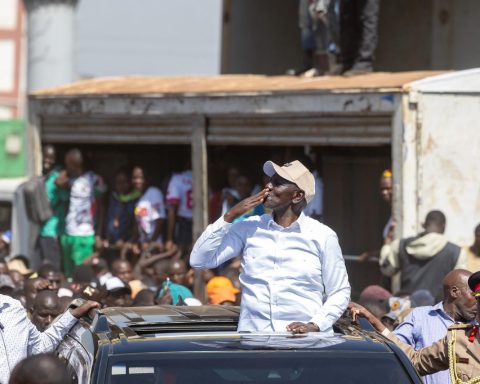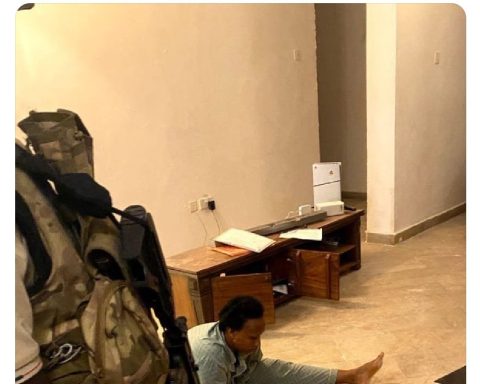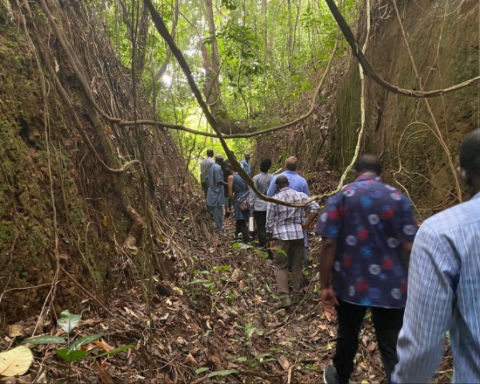On a sunny, busy afternoon in Bariga, the yellow buses still call it “Charly Boy.” The bus conductors shout it like an anthem, commuters repeat it, and street vendors still use the name to give directions. Yet, on digital maps and new signposts, the landmark has been renamed: Baddo Bus Stop, an ode to Afrobeats star Olamide.
But to many Lagosians, this is more than a change of name. It is part of a growing trend, one that now threatens to erase the city’s historical soul.
Join our WhatsApp ChannelAt the heart of this conversation stands Babatunde Fashola, former Lagos State governor, who spoke recently at the unveiling of a history puzzle book by the Lagos State Records and Archives Bureau (LASRAB). His words were measured, cautious even, but unmistakably critical.
“Names are part of our history. If we wipe them off, we may forget who we are,” he said, stopping short of naming the culprits but hitting directly at the core of a city in quiet crisis.
Over the past few weeks, dozens of streets and landmarks across Lagos have been quietly renamed, many without public consultation. In Bariga, Ajeromi-Ifelodun, and other local government areas, names tied to prominent Igbo figures, anti-colonial activists, or long-standing community identifiers have been replaced with names of contemporary political leaders, businessmen, or entertainers. Critics say this is not renewal, but revisionism.
Human rights lawyer Femi Falana (SAN) has described the moves as unconstitutional, citing the exclusive powers of local government councils under the 1999 Constitution. Activist Omoyele Sowore went further, accusing the state of “ethnic and political cleansing,” an effort to subtly erase non-Yoruba cultural imprints. And it is not just activists sounding the alarm. Retired General Tajudeen Olanrewaju, a former military governor of Lagos, called it an “inconceivable injustice,” warning that Lagos risks “losing its layered identity to political expediency.”
READ ALSO: How Renaming of Lagos’ Iconic Charly Boy Bus Stop Sparks Controversy
Fashola’s intervention was subtle but symbolic. He reminded Lagosians that every street name is a monument to memory. He cited Dr. Isaac Ladipo Oluwole, a public health reformer and one of the first African medical officers in colonial Lagos. Oluwole Street in Ikeja isn’t just a road, it’s a story. It’s a portal into the city’s past, a reflection of its pioneering Black professionals.
“Street names matter. They tell us who lived here, who contributed,” Fashola said.
Yet, many fear that this lesson is being lost in the current wave of political branding, where public infrastructure becomes a canvas for state-sanctioned hero worship.
This is not just about signs and maps. This is a battle over narrative, over who gets to define Lagos. Is it the city of Herbert Macaulay, Funmilayo Ransome-Kuti, Chinua Achebe, and Isaac Oluwole? Or is it becoming a monument to pop culture, party politics, and commercial interests?
Even tech platforms like Google Maps have updated some of the renamed locations, cementing the new names into digital memory, further distancing the public from the original heritage.
While the Lagos State Government has maintained silence amid the backlash, the moves suggest a coordinated agenda, one that favors symbolic power over historical continuity.
Urban geographers and historians argue that renaming is never neutral. It is often used by regimes to rewrite history, reinforce dominance, and consolidate cultural narratives. We saw it in post-colonial Africa, in apartheid South Africa’s street grid, and in the Soviet Union. Lagos, it seems, is now staging its own version with far less fanfare, but no less consequence.
And the public is caught in the middle, watching, adjusting, forgetting.
In Lagos, where everything moves fast traffic, politics, trends memory is already fragile. Names are some of the last anchors left.
Fashola may have spoken in ambiguity, but his message is clear: a city that forgets its past is building on eroded ground.
It is up to Lagosians lawyers, artists, elders, youth to decide whether these new names reflect who they are becoming or simply what they are being told to remember.
Amanze Chinonye is a Staff Correspondent at Prime Business Africa, a rising star in the literary world, weaving captivating stories that transport readers to the vibrant landscapes of Nigeria and the rest of Africa. With a unique voice that blends with the newspaper's tradition and style, Chinonye's writing is a masterful exploration of the human condition, delving into themes of identity, culture, and social justice. Through her words, Chinonye paints vivid portraits of everyday African life, from the bustling markets of Nigeria's Lagos to the quiet villages of South Africa's countryside . With a keen eye for detail and a deep understanding of the complexities of Nigerian society, Chinonye's writing is both a testament to the country's rich cultural heritage and a powerful call to action for a brighter future. As a writer, Chinonye is a true storyteller, using her dexterity to educate, inspire, and uplift readers around the world.











